Flower Festival, even if few people know, but when you look up and see the flowers blooming, you will become gentle, because we are convinced that the "beautiful", always accompanied by the flowers blooming.
Every year in mid-spring, is also a great time to compete with the flowers, among all the flowers, the earliest plum blossom, from camellia, daffodils, spring to peach, plum, pear, and apricot bloom all over the mountain when, "flower festival" will come.
The "Flower Festival (花朝节, huā zháo jiē)", commonly known as the "Flower God Festival" and the "Birthday of the Hundred Flowers", is a traditional Chinese festival.
Generally held on the second, twelfth or fifteenth day of the second month of the lunar calendar, the festival is held roughly between the Jingzhe (惊蛰) and Chunfen (春分) of the traditional Chinese calendars, at this time, everything revives, the grass is green, the flowers are either in the bud, or in bloom, and people are convinced that the beauty will come with the flowers.
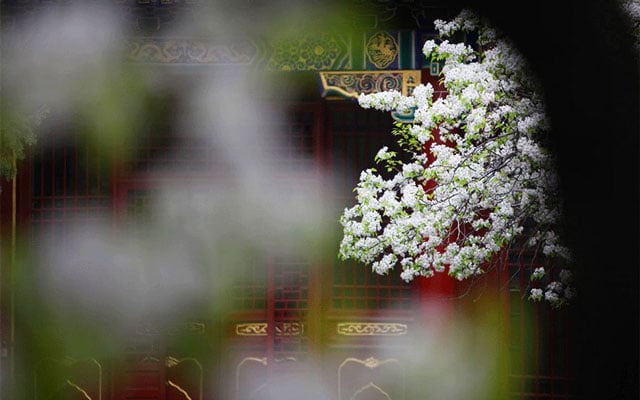
As early as the Spring and Autumn Period, "Tao Zhu Gong Shu (陶朱公书)" has recorded: "February 12 for the birthday of the hundred flowers, no rain and hundred flowers ripe."
In the Tang Dynasty, the flower festival "outing and elegant feast" became popular. Legend has it that Emperor Taizong of Tang personally hosted a "Tiao Cai Yu Yan (挑菜御宴)" feast in the imperial garden on the day of the "Flower Festival".
Another emperor of the Tang Dynasty, Wu Zetian, ordered her palace maids to pick differents kind of flowers, pound them together with rice, and steam them to make "hundred flower cakes" for the feast of ministers. The cakes produced in this way combine the fragrance of the flowers and the fragrance of the grain, and soon they spread and became a festival custom.
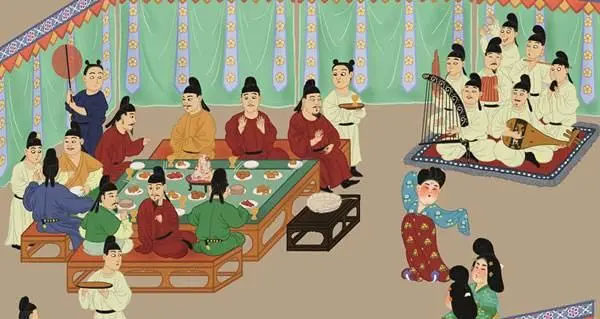
"Tiao Cai Yu Yan"
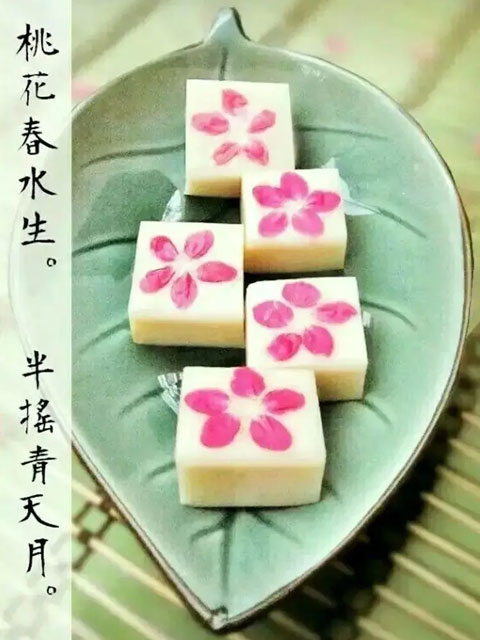
hundred flower cakes
The enthusiasm of Song Dynasty people for the flower festival has increased, and even the children and the common people also participated in it. Therefore, when the flower festival came, it was even more lively: go for a walk in the country, flower appreciation, gathering.
At this time, both men and women were happy to pin large flowers on the side of their temples. They are already dissatisfied with just being an onlooker, they want to participate in the blossom, to put the spring into their own existence.
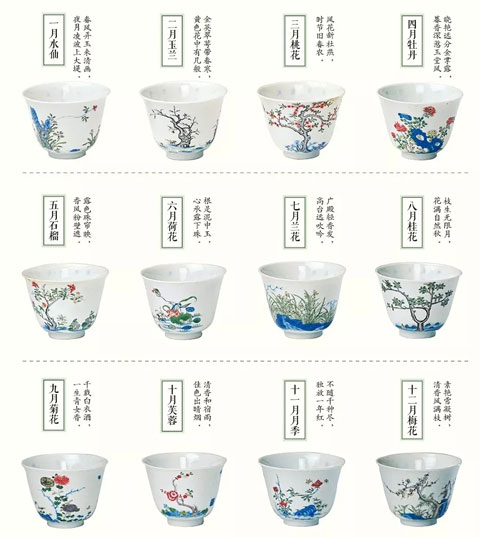
Five-colored Twelve-Month Floral Pattern Cup, Qing Dynasty Kangxi, Collection of the National Palace Museum, China
The ancients believed that there is a spirit in all things and that each flower has its own god to rule the flower's glory, so the literati created the "twelve gods of flowers" by combining the lunar months.
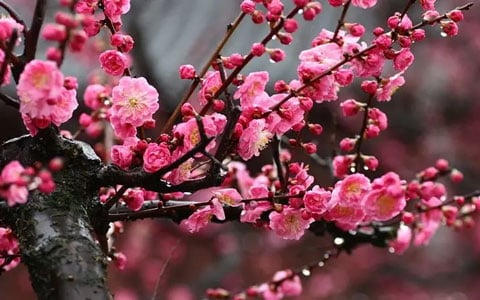
Lunar January: plum blossom
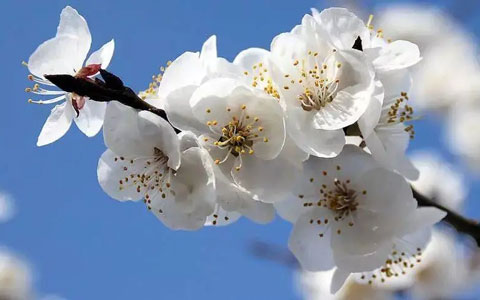
Lunar February: apricot blossoms
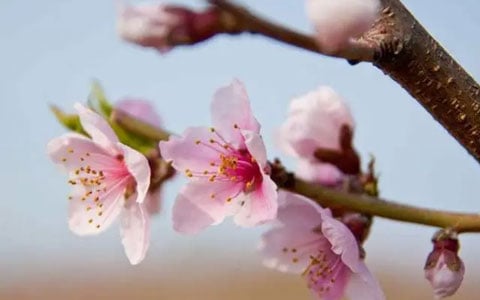
Lunar March: peach blossoms
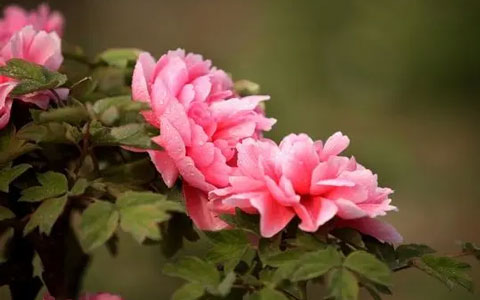
Lunar April: peony
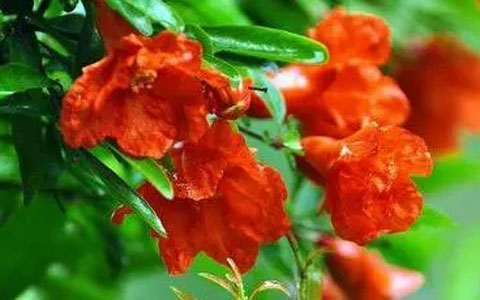
Lunar May: pomegranate flowers
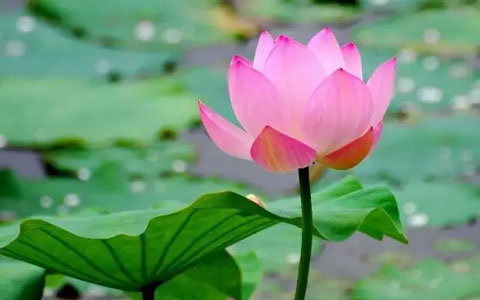
Lunar June: lotus
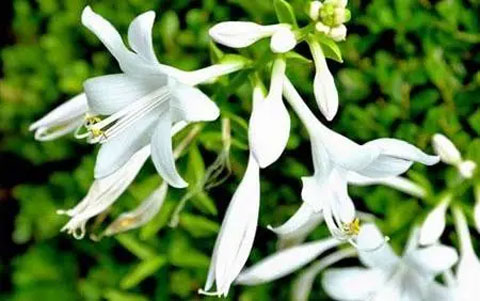
Lunar July: tuberose
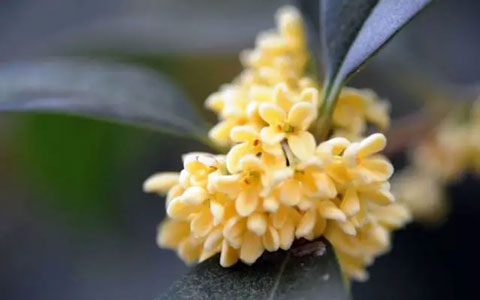
Lunar August: osmanthus
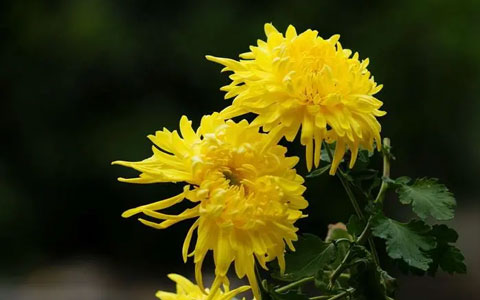
Lunar September: chrysanthemum
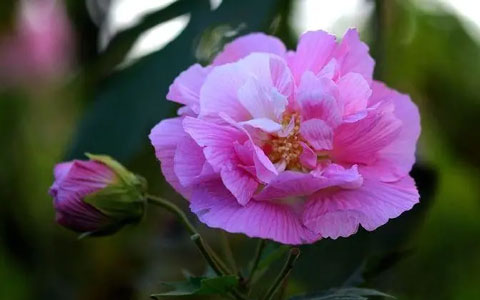
Lunar October: hibiscus
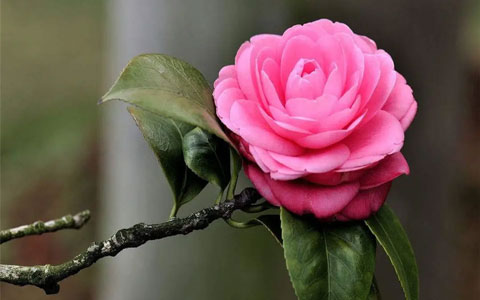
Lunar November: camellia
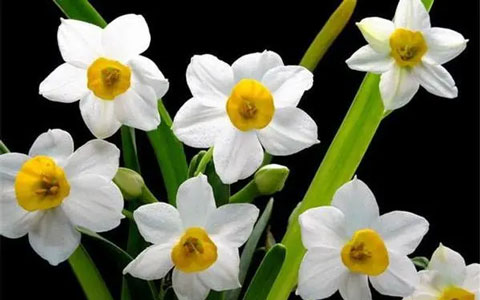
Lunar December: daffodils
As the seasons change, each of the twelve months has a beauty representing the goddess of flowers. Zhang Daqian's "Twelve Months Flower Goddesses" scroll was created with this theme in mind, and is one of the finest of Zhang Daqian's paintings of ladies.
The twelve flower goddesses in the picture have plump and full faces, with beautiful noses, cherry-like lips, and two eyes that seem to contain autumn water.
They are either holding flowers in their hands or wearing flower ornaments on their heads; some look back, some look down and ponder, and some talk in whispers; whether it is the goddess of August osmanthus in the center, or the goddess of October hibiscus at the top of the painting, looking back sideways, the composition of the figures is reasonable and exquisite, with orderly priorities.
More artifacts on the theme of the Flower Festival:
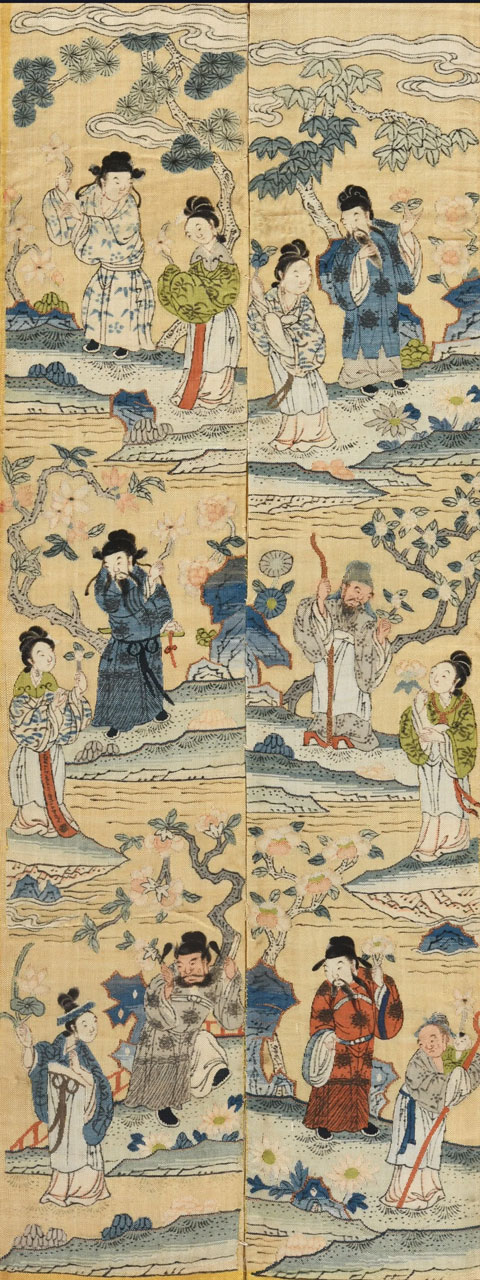
Kesi "twelve flower gods" Wanxiu, Qing Dynasty
In ancient times, there were many people who loved and cherished flowers, and it was a delightful custom to celebrate the birthday of a hundred flowers from the Spring and Autumn period to the Tang and Song dynasties.
Nowadays, even though the "Flower Festival" is little known, when we push open the window and gaze at the spring colors, please remember that thousands of years ago, there were such a group of people who took advantage of the spring and flowers to celebrate the birthdays of flowers, embrace the warm spring scenery, and cherish the warmth of human feelings.
May you and I, who love flowers, smell the fragrance of flowers and accompany each other in all seasons; not to lose the time of flowers, not to lose the good time. Because no matter when, there is no better thing than to enjoy the spring with the person you love hand in hand.
For more on traditional Chinese festivals, you might like:

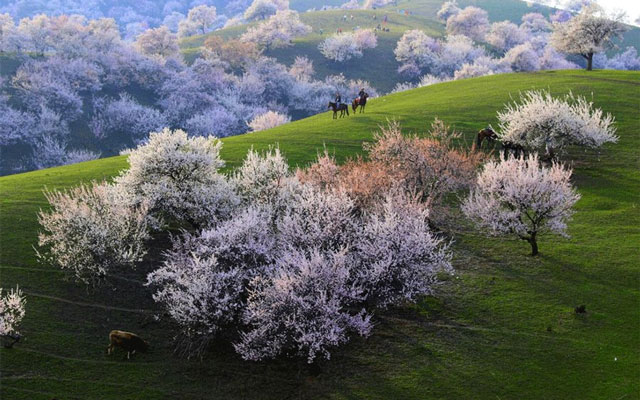
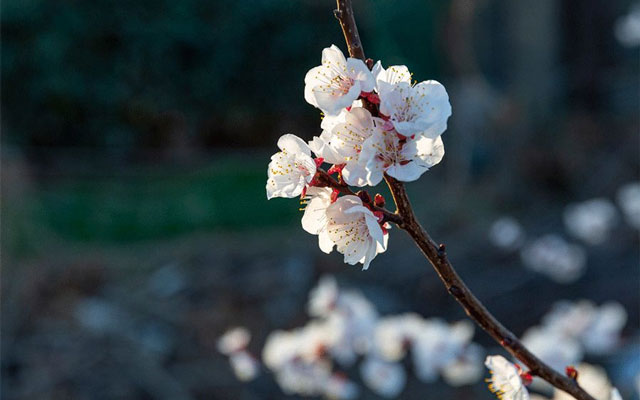
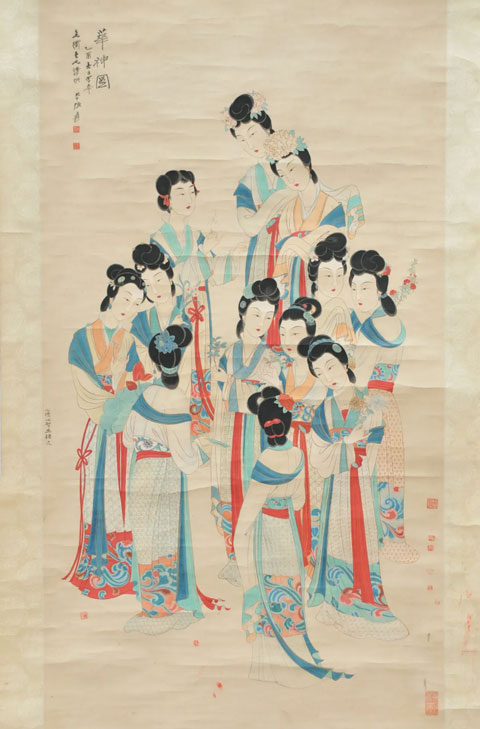
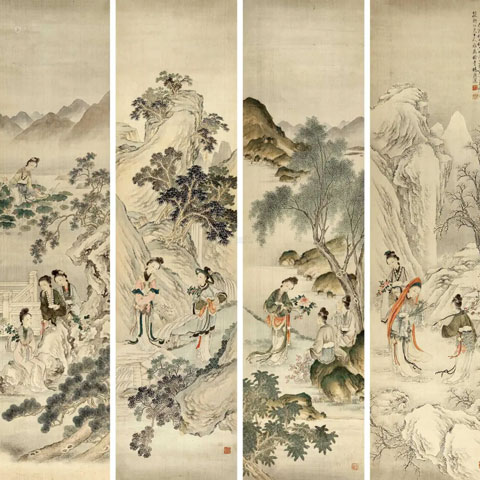
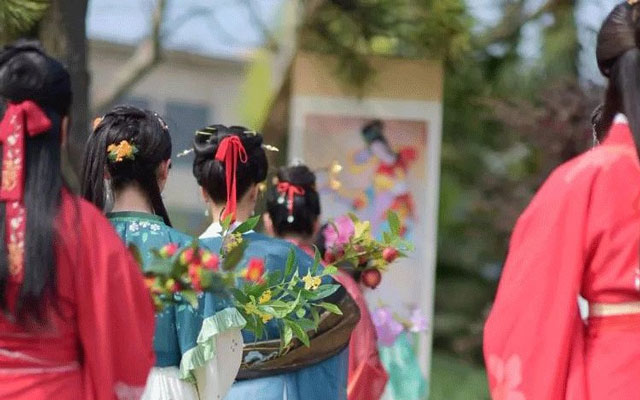



omg, pretty!
Aww I really enjoyed the read 💖
Sangat indah😍😍😍